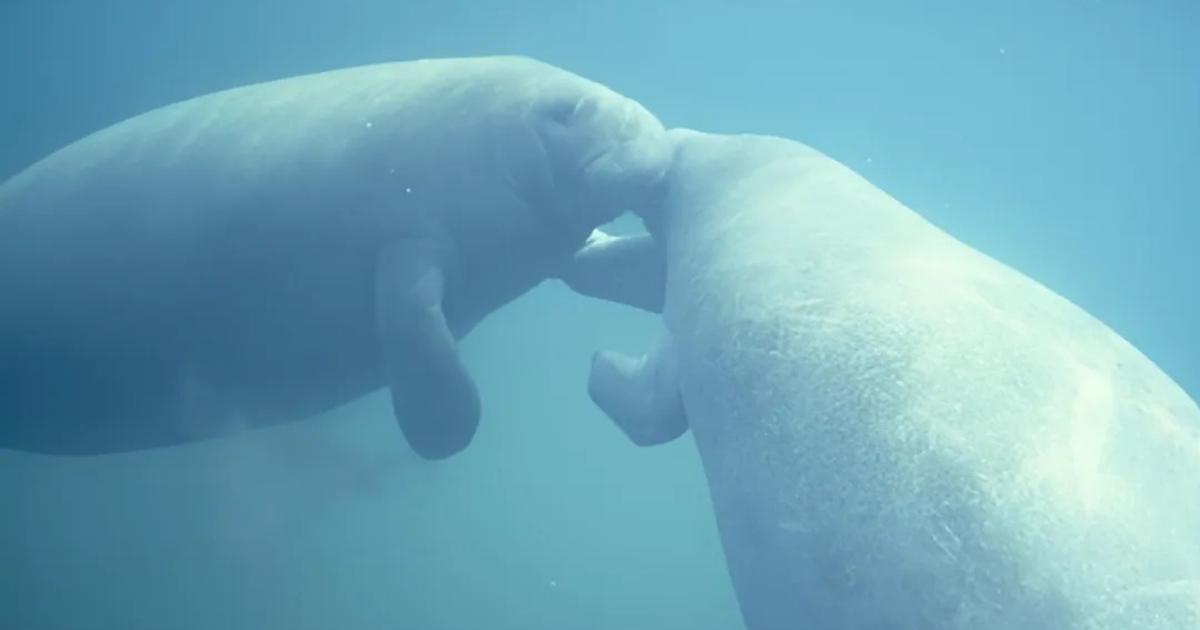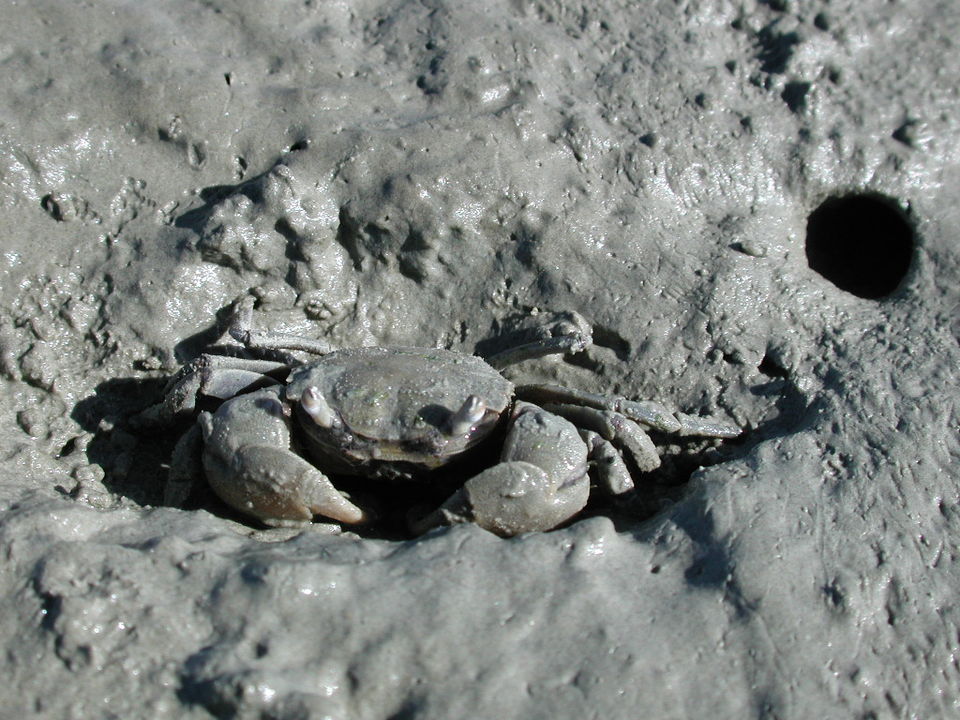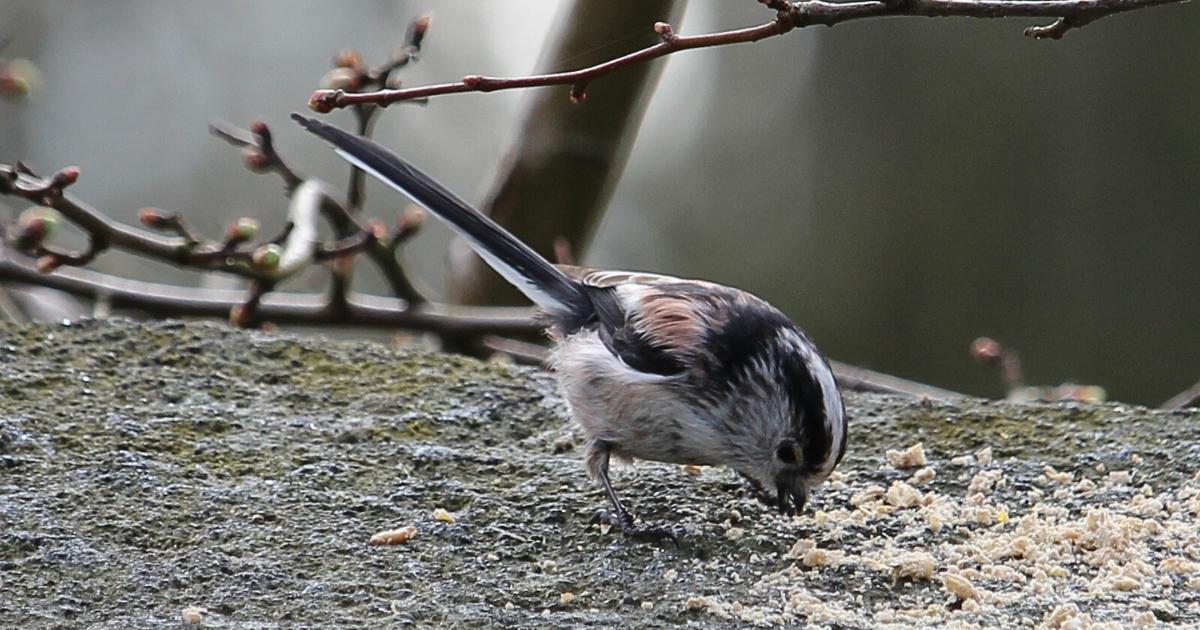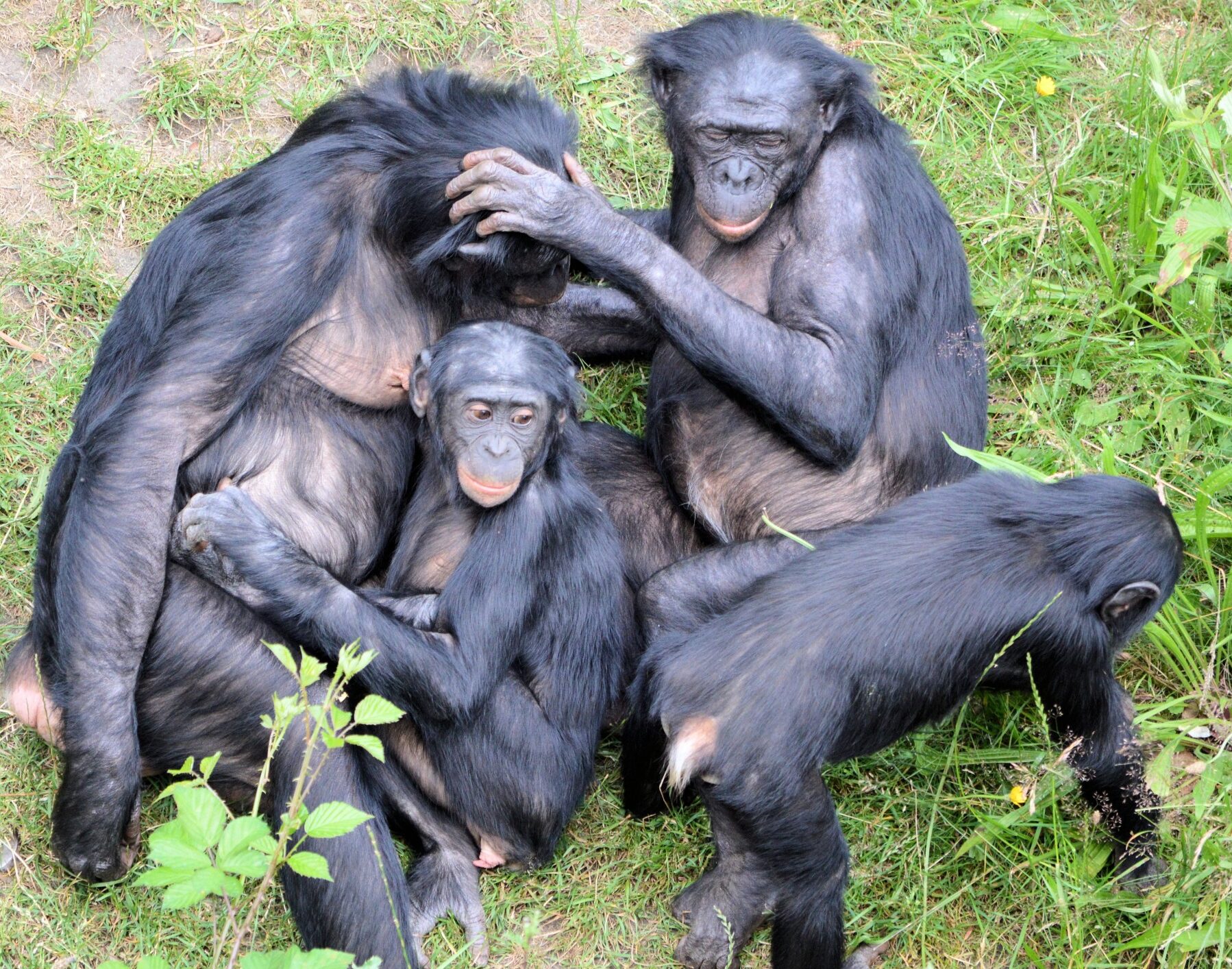New study reveals how the aquatic mammals’ unusual biology helps them thrive in challenging environments.

Manatees, the gentle giants of coastal waterways, are rewriting what scientists know about brain evolution. A new study reveals how these slow-moving herbivores use smooth, unfolded brains and extraordinary sensory tools to navigate murky rivers, avoid predators, and even “feel” their surroundings with microscopic precision.
The Sensory Secrets of Sea Cows
Manatees lack the sharp vision of dolphins or the social smarts of whales, but their survival hinges on two superpowers: touch and hearing. Researchers found that over 5,300 specialized hairs cover their bodies, acting like underwater antennas. These hairs detect water movements as subtle as a nanometer—equivalent to sensing a single grain of sand dropping nearby.
Their facial hairs work like human fingertips. They can distinguish textures we’d need a microscope to see. The hairs also help them grip food in a behavior called oripulation, where they use their mouths like hands to manipulate vegetation.
Meanwhile, their hearing rivals most land mammals. Manatees detect sounds from 0.25 to 72 kHz—broader than a piano’s range—and pinpoint directions with eerie accuracy, a skill critical for dodging boat propellers in busy waterways.

The Puzzle of the “Smooth Brain”
Most large mammals, from dolphins to humans, have folded brains to cram more processing power into limited space. But manatees’ brains are almost completely smooth, the largest of their kind in the animal kingdom.
Their cortex—the brain’s outer layer—is thicker than in many mammals, which may resist folding. Despite this simplicity, manatees perform feats like navigating Florida’s tangled Ten Thousand Islands and tracking seasonal floods in the Amazon. They’re proof that brain folds aren’t the only path to intelligence.
Navigation: A Sixth Sense?
How do manatees map vast, murky environments with such precision? The answer lies in their unique biology.
Field studies show they memorize migration routes from their mothers, with orphans struggling to survive in the wild. Their hippocampus—the brain’s memory hub—is small, but researchers hypothesize their sensory hairs may create a tactile map of their surroundings.
Imagine ‘seeing’ the world through your skin. Manatees’ brains prioritize touch and sound over vision, turning their whole body into a navigation tool.

Brain Wiring: Less Complexity, More Focus
Using post-mortem MRI scans, researchers compared manatee brains to those of California sea lions. The results revealed manatees have fewer long-range neural connections between distant brain regions and stronger localized networks in areas processing touch and sound. This pattern suggests their brains prioritize immediate sensory input over complex cross-brain communication—a structure fitting their low-energy herbivorous lifestyle.
Conservation Challenges
All three manatee species face critical threats, including boat collisions and habitat loss. The study highlights the need to protect migration corridors and freshwater springs, which are vital for their survival. Slowing boats in manatee habitats and preserving key feeding grounds could reduce fatalities.
Future Research Directions
Next, the team aims to investigate how manatees integrate sensory data in the brain, particularly how their somatosensory cortex and hippocampus support navigation. Understanding these adaptations could redefine how we approach marine mammal conservation, the authors note, emphasizing the need to study species with unconventional nervous systems.
A New Perspective on Intelligence
Manatees challenge traditional notions of intelligence. Their smooth brains and specialized senses demonstrate how evolution shapes nervous systems for specific ecological niches. As threats to their survival grow, decoding their unique biology becomes urgent—not just for their protection, but to broaden our understanding of cognitive diversity in the animal kingdom.
“Manatee cognition and behavior: A neurobiological perspective on an unusual constellation of senses and a unique brain.” Cook et al. Frontiers in Behavioral Neuroscience (2025).







